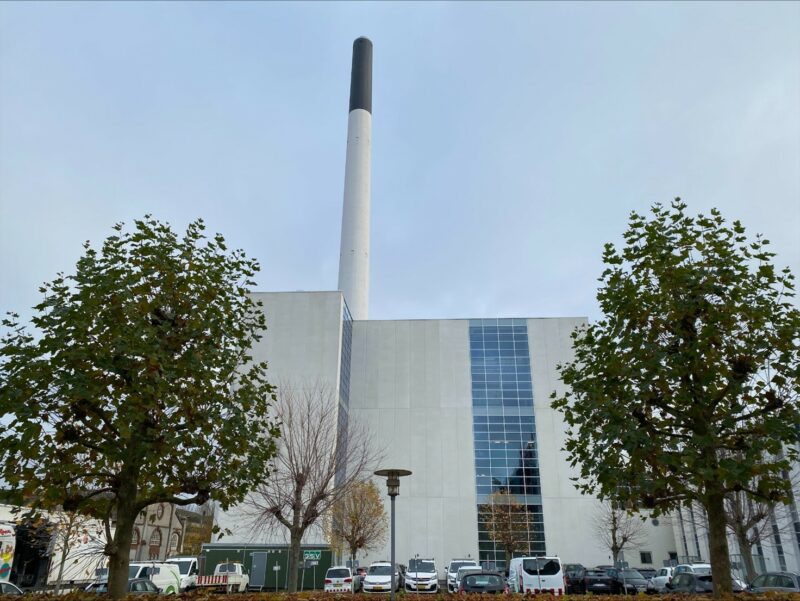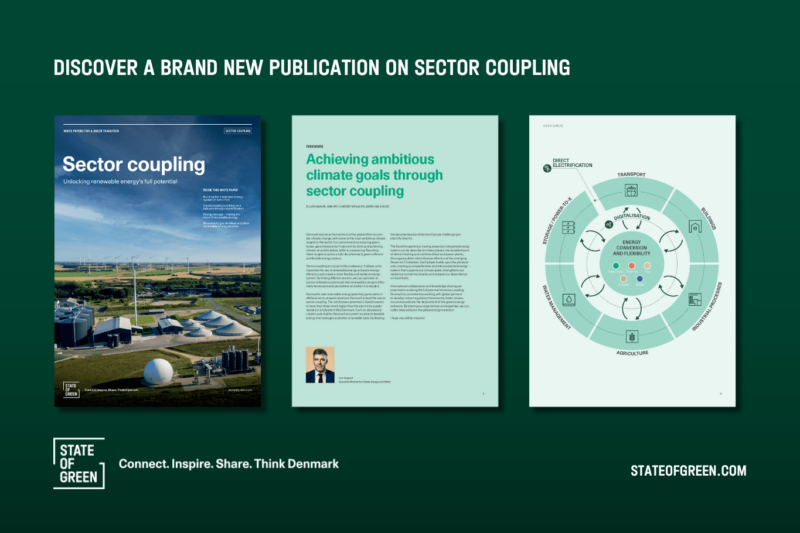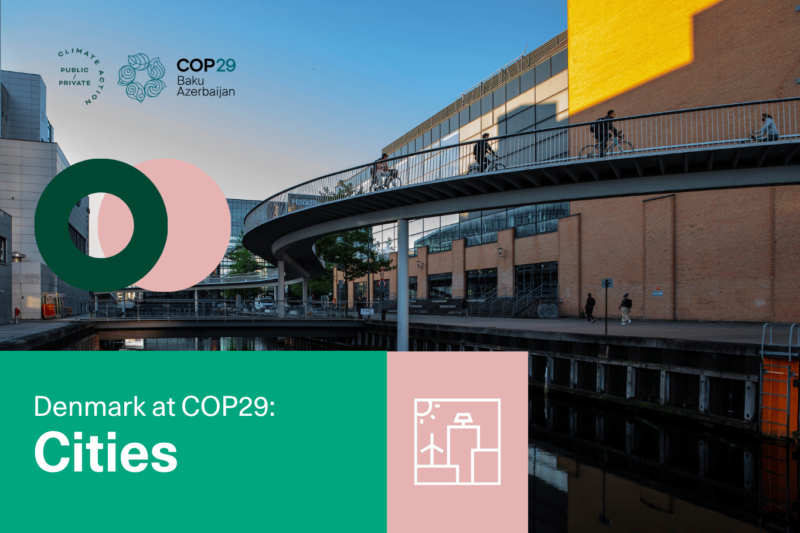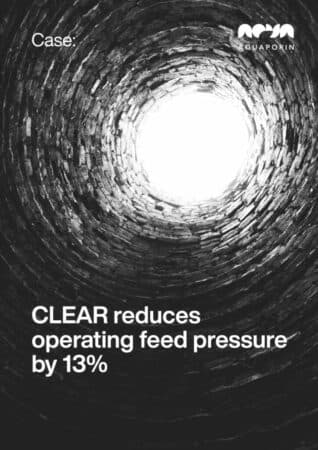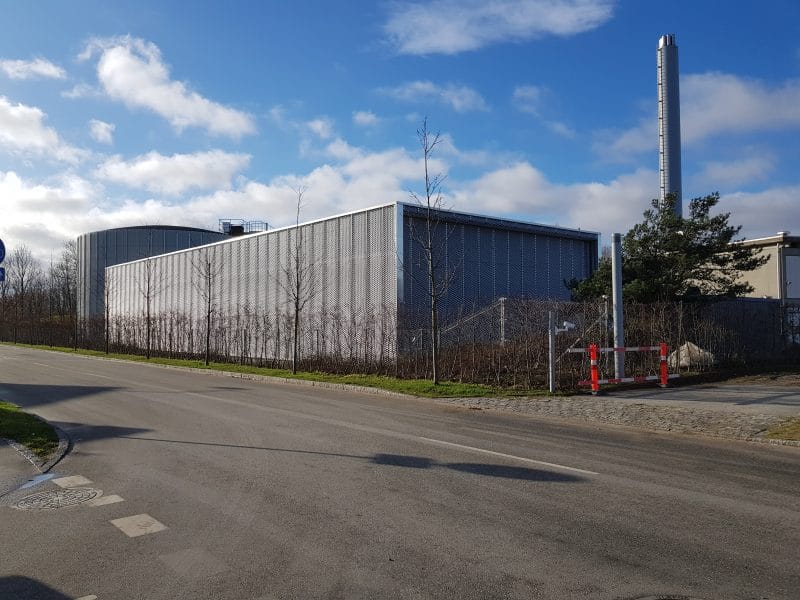News
Hazardous waste handling
Waste management
Waste prevention
+1
New Danish project attempts to crack microplastics pollution problem
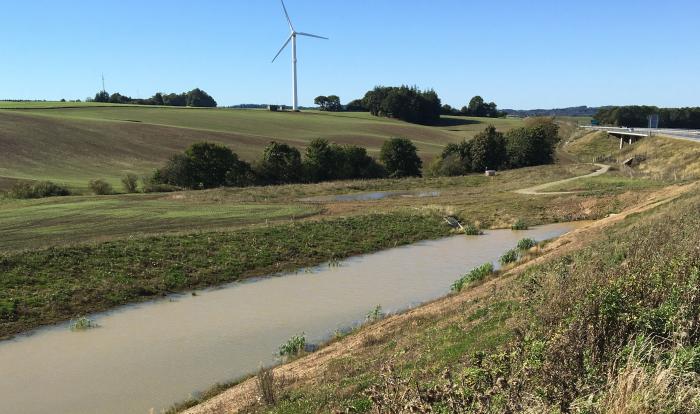

A handful of basins at the Herning highway in Jutland, Denmark is the centre of a potential world news item.
In these basins, the Danish Road Directorate and Aalborg University are testing a completely new method of capturing the waste substances that are released when driving a car, especially the so-called microplastics from the tyres.
"We have a big challenge with collecting the microplastics that comes from the traffic, and here the basins seem to work really well"
- Niels Krogh Kristensen, Danish Road Directorate
The experiment is the first of its kind in the world and the project managers behind it have high expectationgs.
“We have a big challenge with collecting the microplastics that comes from the traffic, and here the basins seem to work really well. They were originally established to purify the water of heavy metals and other environmentally harmful substances, but the preliminary results indicate that they also capture the microplastics,” said project manager Niels Krogh Kristensen from the Danish Road Directorate, in a press release (in Danish).
-Related news: Danish roads are getting paved with new, climate-friendly asphalt
As clean as groundwater
The background for the experiment is that approx. 60 per cent of all microplastics emitted to nature come from car tyres. The microplastics are swept out into nature via the surface water of the roads, but with the help of the pools along the motorway, the surface water is collected and cleaned before it goes any further.
"We have established an effective and low-tech facility to purify the road water, and our preliminary tests show that the water at the outlet to a nearby brook is as clean as the surrounding groundwater," said Professor Jes Vollertsen from Aalborg University, science partner on the project.
-Related news: Denmark puts an end to free plastic bags
Followed from abroad
The rainwater basins, which are located at a local lay-by, purify the water from the motorway and they also have special filters that remove virtually all the microplastics that end up in the rainwater from the motorway.
“On average, 30,000 cars drive the Herning motorway every day. That leaves approx. two tonnes of microplastics from car tires per kilometre every year. Part of the microplastics is carried away by the wind, but for the part that stays in the rainwater from the road, we catch 70-80 per cent in the two rainwater basins and the remaining 20-30 per cent in a filter," said Jes Vollertsen.
-Related news: Danish pyrolysis plant recycles 30,000 tons of tyres a year
The ground-breaking Danish experiment has also attracted attention from abroad - Norway and Sweden in particular. The final results are expected at the end of the year.
"The results are good, so we will take the experiences from the two experimental facilities with us in the toolbox when we have to find solutions for what is to be done with the water along the roads in the future," said Niels Krogh Kristensen.
Source
Danish Road Directorate (in Danish)
You should consider reading
solutions
Climate change adaptation
+4
WATER CONSERVATION IN AFRICA
4 November 2024Perspective
Sector coupling
+9
